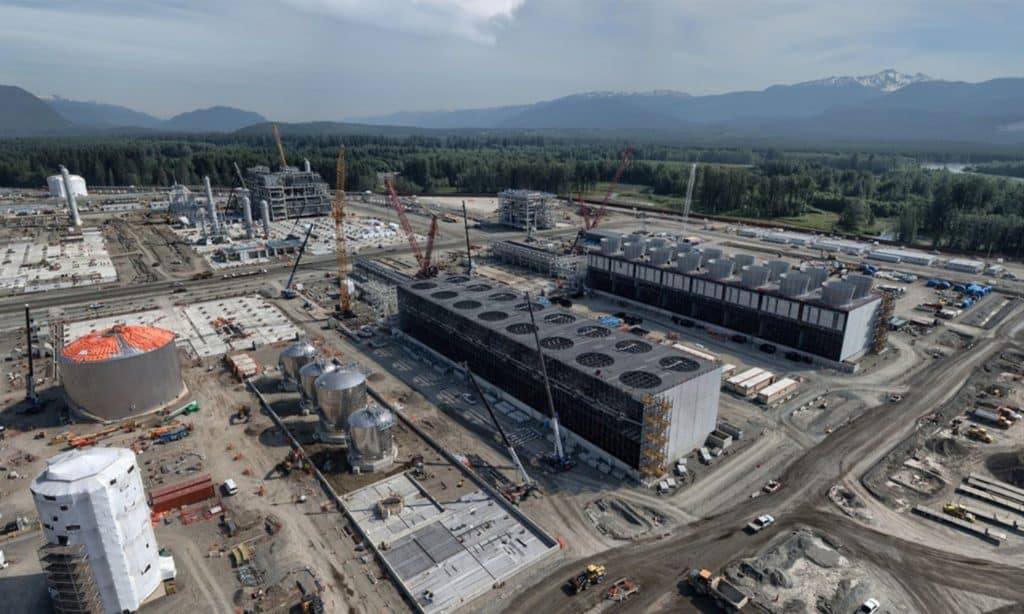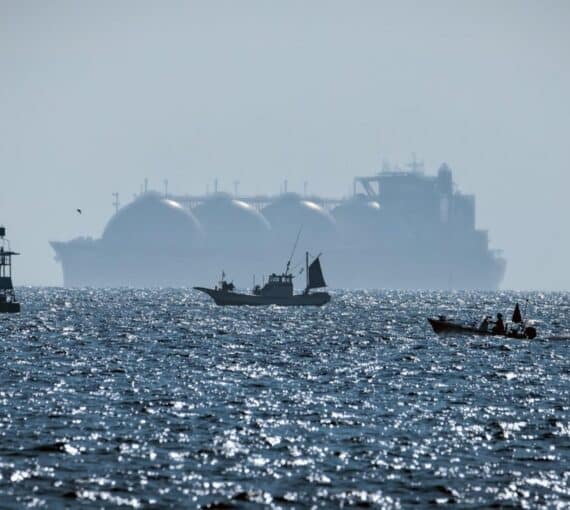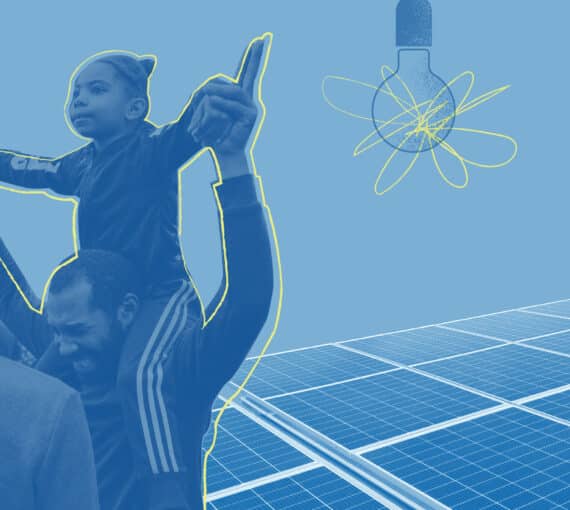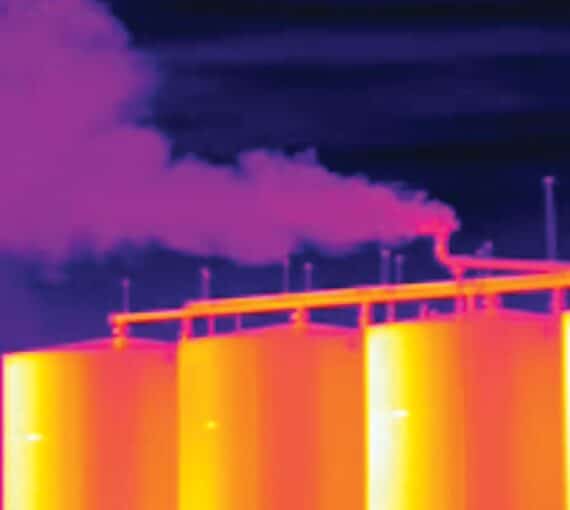
LNG Canada site construction in Kitimat. British Columbians will not end up using any of the energy produced. (Photo: LNG Canada)
As 2023 begins, B.C. Premier David Eby and his new cabinet are setting priorities and determining which policies of the Horgan government to carry forward and which to cast aside. Liquefied natural gas exports touch on a host of critical issues that Eby and key ministers are considering.
A growing body of research tells us LNG is a losing economic proposition. To start, analysis of medium- and long-term Asian energy demand indicates that LNG from B.C. would arrive too late to take advantage of a temporary bump in prices precipitated by geopolitics. Further analysis from the Canadian Centre for Policy Alternatives and the International Institute for Sustainable Development shows that revenue claims are exaggerated and that provincial government coffers would not benefit from increased fossil fuel production that depends on public financing while foreclosing other economic options better aligned with the global energy transition. Moreover, the industry’s job-creation projections are also overly optimistic.
And, of course, LNG makes no sense when viewed through a climate crisis lens.
Yet, giant oil and gas companies, like Shell, that brought us the climate crisis are now lobbying hard to expand B.C.’s nascent LNG industry. They talk about the economic opportunities associated with the industry and, at the same time, seek ever more subsidies and preferential tax treatment.
If the industry were really poised for success, then why does China’s state-owned company PetroChina need British Columbians’ tax dollars or discounted electricity rates to make a go of it?
If the industry were really poised for success, then why does China’s state-owned company PetroChina need British Columbians’ tax dollars or discounted electricity rates to make a go of it? How about Malaysia’s state-owned Petronas? Or South Korea’s state-owned KOGAS? Or Shell? Or Mitsubishi? They have all benefited from more than $5 billion of tax exemptions and financial breaks for the LNG Canada Phase 1 project. Other companies are also lobbying hard, provincially and federally, for more and more subsidies and preferential treatment to fuel their LNG pipe dreams.
One of the strangest aspects of billions of dollars of public support for the LNG industry in B.C. is that the industry is essentially 100 per cent export-focused. In other words, British Columbians will not end up using any of the energy produced. We’re paying foreign companies to help them extract and export a public resource.
To say with a somewhat straight face that LNG is a clean fuel, the industry needs massive amounts of (heavily subsidized) electricity to take fracked gas and make LNG out of it. If the industry were to expand, that would put enormous pressure on B.C. Hydro and undermine efforts to swap out fossil fuels for clean, renewable electricity across the economy. This was ably pointed out by Merran Smith and Mark Zacharias from Clean Energy Canada in a recent oped in the Vancouver Sun.
If the (LNG) industry were to expand, that would put enormous pressure on B.C. Hydro and undermine efforts to swap out fossil fuels for clean, renewable electricity across the economy.
Then there is the question of markets. The world’s most highly respected energy analysts at the International Energy Agency tell us that Asian markets will already be well-served by the time B.C. LNG is ready for sale.
Add to that the unavoidable reality that British Columbia is not an island unto itself and Premier Eby and his cabinet colleagues will need to reflect on the climate crisis writ large, not just in B.C. but around the world.
Even if LNG in the province were manufactured with electricity rather than the climate-polluting fracked fossil gas from which it is made, the exported gas will end up being burned in importing countries. The oddities of emissions reporting mean those emissions are not counted in B.C. or Canada, but they add to the quickening crisis of the climate emergency that affects everyone and everything everywhere at a time when thousands of scientists worldwide tell us we cannot build any more fossil fuel infrastructure anywhere if we want a liveable planet for our children and their children.
In other words, expanding B.C.’s LNG industry would be the wrong choice in the wrong place at the wrong time.
This op-ed was originally published in the Vancouver Sun.
Our work
Always grounded in sound evidence, the David Suzuki Foundation empowers people to take action in their communities on the environmental challenges we collectively face.



